The fiancée K-1 nonimmigrant visa is for the foreign national fiancée of a United States citizen. Only a U.S. citizen can petition for his or her foreign fiancée. A U.S. citizen can file a fiancée visa petition only after they have met in person in the previous two years: meeting each other online or through a video chat or messenger is not enough. The purpose of a K-1 visa is for foreign citizen fiancée to travel to the United States and marry his or her U.S. citizen sponsor within 90 days of arrival.
The foreign fiancee will then apply for adjustment of status (aka “green card”) with the USCIS at the Department of Homeland Security. This is a separate legal process.
K-1 visa is a non-immigrant visa. However, because a fiancée visa is intended to help a foreign national to immigrate to the U.S. and allows him or her to apply for a green card after marriage to a U.S. citizen petitioner shortly after arrival in the United States, the fiancé(e) must meet most of the requirements of an immigrant visa.
K-2 visa is a fiancée visa for eligible children of K-1 visa applicant (unmarried children under 21).
As of 12/2018, current processing times are approx. 5 to 7 months for a I-129F Petition, plus additional 3 to 6 weeks for the NVC stage, plus additional 1-3 months for a visa application process (varies depending on a Consulate and your own readiness).
The First Step: Filing the Petition, USCIS Form I-129F
(1) The U.S. citizen fiancé, must file Form I-129F, Petition for Alien Fiancé(e), with the USCIS. Form I-129F cannot be filed at a U.S. Embassy, Consulate, or USCIS office abroad.
(2) When USCIS approves the I-129F petition, it is sent to the National Visa Center (NVC). The NVC will assign a new a case number and directly forward the approved fiancée visa petition to the U.S. Embassy or Consulate where a foreign fiancée will apply for a visa.
The Second Step: Applying for a Visa
The NVC will mail a letter with a new case number after it sends a fiancée visa case to the U.S. Embassy or Consulate. Once you receive this letter, it is time to apply for a K-1 visa and prepare for the interview.
Eligible children of K-1 visa applicants may apply for K-2 visas. Children are included into the I-129F petition. However, separate visa applications and visa fees are required for every child.
Required Documentation The foreign national fiancée and eligible children applying for K-2 visas will be required to bring the following forms and documents to the visa interview:
- Completed Form DS-160, Nonimmigrant Visa Application. Each K-1 and K-2 visa applicant must: (1) complete Form DS-160 online, (2) pay a visa fee, and (3) print the DS-160 confirmation page to bring to a visa interview.
- A passport valid for travel to the United States and with a validity date at least six months beyond your intended period of stay in the U.S.
- Divorce or death certificate(s) of any and all previous spouse(s) for both you and the U.S. citizen petitioner.
- Police certificates from your home country and all other countries where you have lived for six months or more since age 16 (Police certificates are also required for a foreign fiancée and all accompanying children age 16 or older)
- Medical examination (for K-1 and K-2 visa applicants)
- Evidence of financial support (Form I-134, Affidavit of Support, and proof of sponsor’s employment and income usually are required). There is no extra fee for the Form I-134. For a fiancée visa, the Affidavit of Support, Form I-134, is required. There is another Affidavit of Support, Form I-864, which will be required later, when you apply for a green card after marriage. The forms are different. The income requirements are also different. When submitting the Affidavit of Support, Form I-134, you need to show that your U.S. sponsor's income is 100 percent of the federal poverty guideline. When submitting the Affidavit of Support, Form I-864, the sponsor must be able to demonstrate that his or her income is at least 125 percent of the federal poverty guideline minimum income requirement. If you estimate that both K-1 visa and a green card will be applied for during the same tax year, you should plan and gather all required documentation in advance.
- Evidence of relationship with your U.S. citizen fiancée, which is very important at the last stage, as well as at the first stage.
Fees
Government filing fees are subject to change (as of 12/2018, the fees are as follows):
- US$535 -- Filing fee for an Alien Fiancé(e) Petition, Form I-129F
- US$265 -- Nonimmigrant visa application processing fee, Form DS-160 (required for each K visa applicant)
- Medical examination fee, paid directly to a designated clinic (required for each K-1 and K-2 visa applicant) – costs vary, please check with the U.S. embassy in the country where a fiancée will apply for a visa
- Other costs may include translation and notarization charges, fees for getting the documents required for the visa application (such as passport, police certificates, birth certificates, etc.). Costs vary from country to country.
- US$1,225 -- Filing Form I-485, Application to Register Permanent Residence or to Adjust Status. Your spouse will submit this application after marriage. There could be additional applications filed concurrently: Application for a work permit and Application for advance parole. These applications are optional, but could be advisable.
- Legal fees – we charge flat fee which could vary from case to case, depending on difficulty and the number of dependents. Please contact attorney for a case evaluation, and we will gladly give you a quote.
Please note that the approved I-129F petition is valid for four (4) months from the date of approval by USCIS. However, a consular officer can extend the validity of the petition if it expires before visa processing is completed.
Certain conditions and activities can make a visa applicant ineligible for a visa. Examples of these ineligibilities include: certain criminal records; overstaying a previous visa in the U.S.; submitting fraudulent documents; previous deportation or removal order, or voluntary departure; failure to prove bona fide fiancée relationship; etc. If you are found to be ineligible for a visa, the Consular Officer will advise you whether there is waiver of the ineligibility and what the waiver process is.
After your K-1 Fiancé(e) Visa was approved, you will generally wait 5 to 7 business days to pick up your passport, a visa, and a sealed packet containing the documents you provided, plus other documents prepared by the U.S. Embassy or Consulate. It is important that you do not open the sealed packet. Only the DHS immigration official should open this packet when you enter the United States.
If you have children who received K-2 visas, you will either travel together or your children holding K-2 visas will have to follow you to the U.S.
Please note that K-1 and K-2 visas are valid for a single admission to the United States within the validity of the visa, which will be a maximum of 6 months from the date of issuance.
It is advisable not to purchase the tickets, not to sell real estate and business abroad until after a K-1 visa has been approved and issued. In order to limit the risk even more, some of other clients preferred not to sell their apartments, cars, businesses until after they became lawful permanent residents of the United States.
Please note that you must either marry your U.S. citizen fiance within 90 days of your entry into the United States, or depart the U.S. before the expiration of the 90-day period of admission. If not married within the 90-day window, or married within 90 days, but didn’t apply for a green card, if you wish to stay in the United States and apply for a green card, contact a competent immigration attorney for legal advice.
If you would like to schedule a telephone consultation or need help, please contact attorney for a case evaluation, and we will gladly give you a quote and advise you.
Please see below a few brief videos: Part 1, Part 2 and Part 3.
Information and videos in Russian can be found here.

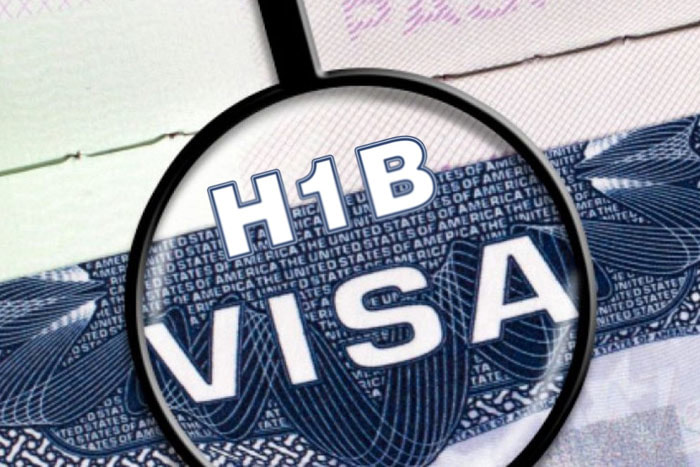

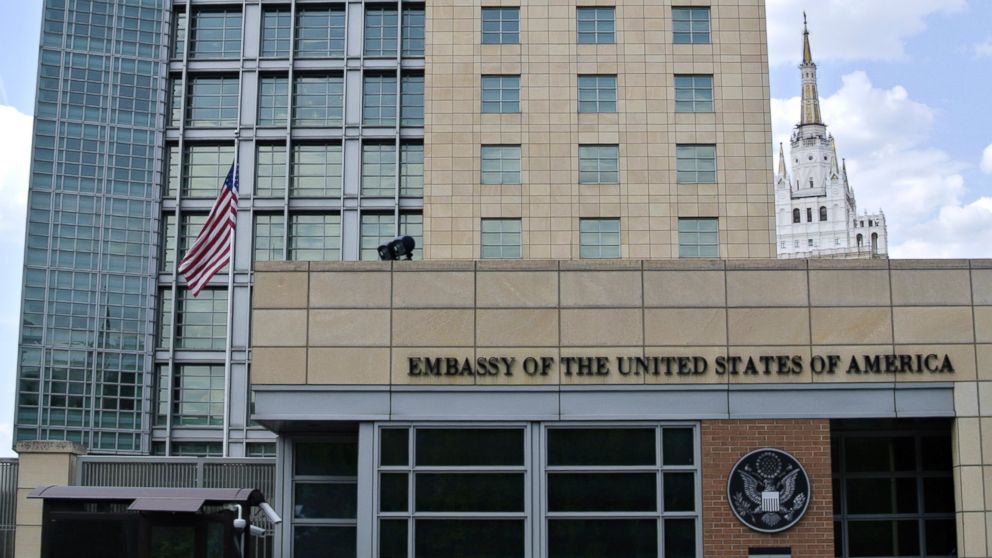
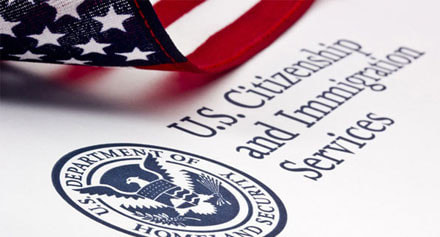

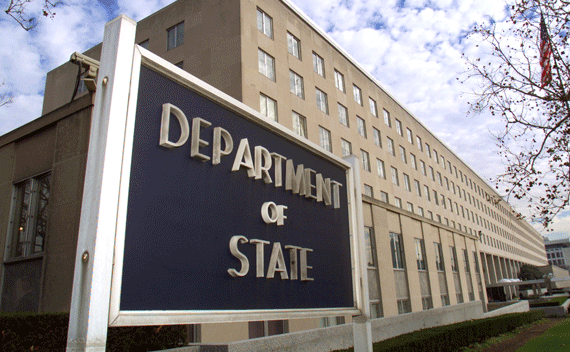
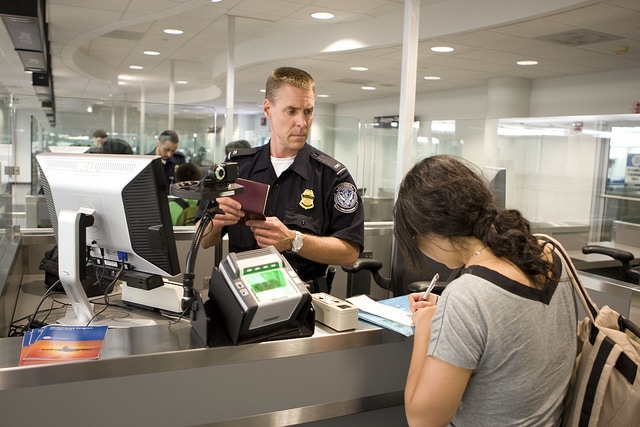
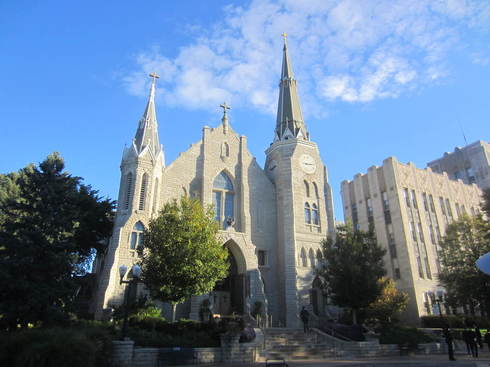

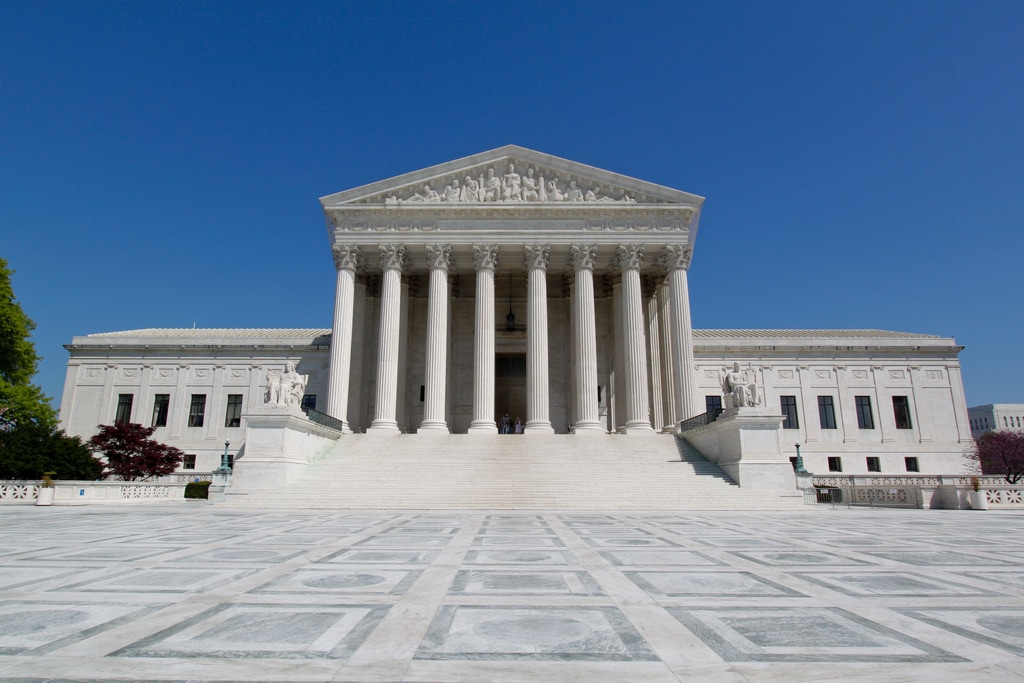





 RSS Feed
RSS Feed